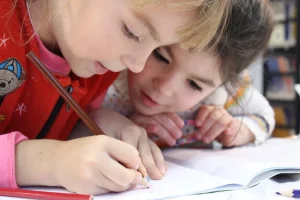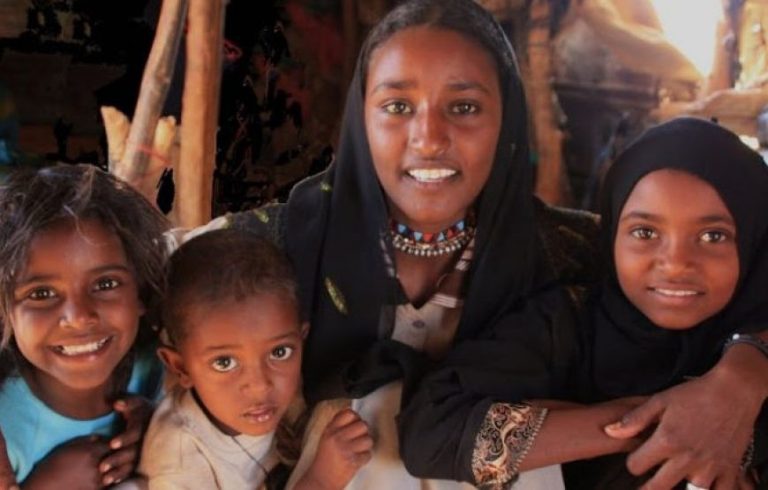Education in Egypt: A Comprehensive Guide to Schools, Universities, and the Education System
Education in Egypt has a rich history dating back to ancient times, when the country was a center of learning and knowledge. Today, Egypt’s education system is a blend of tradition and modernity, offering a variety of pathways for students at all levels. From primary schools to prestigious universities, Egypt’s educational landscape is diverse and evolving. This article provides a detailed overview of education in Egypt, covering all stages, types of schools, and university education, while targeting the most important keywords for Google Search.
Overview of the Egyptian Education System
Egypt’s education system is structured into several stages, each designed to build a strong foundation for students’ academic and personal development. The system is overseen by the Ministry of Education and the Ministry of Higher Education and Scientific Research. Education is compulsory for children aged 6 to 14, covering primary and preparatory levels.
Stages of Education in Egypt
Early Childhood Education (Pre-Primary)
Age Group: 4–6 years
Overview: Early childhood education in Egypt is optional and focuses on preparing children for primary school. It includes kindergarten and nursery programs that emphasize play-based learning, social skills, and basic literacy and numeracy.
Types of Schools: Public kindergartens, private nurseries, and international preschools.
Primary Education
Age Group: 6–12 years
Duration: 6 years (Grades 1–6)
Overview: Primary education is compulsory and free in public schools. The curriculum includes Arabic, mathematics, science, social studies, and religious education (Islamic or Christian).
Types of Schools: Public schools, private schools, and language schools (offering instruction in English, French, or German).
Preparatory Education
Age Group: 12–15 years
Duration: 3 years (Grades 7–9)
Overview: This stage builds on primary education and prepares students for secondary school. The curriculum includes more advanced subjects, with a focus on critical thinking and problem-solving.
Types of Schools: Public preparatory schools, private schools, and experimental schools (offering bilingual education).
Secondary Education
Age Group: 15–18 years
Duration: 3 years (Grades 10–12)
Overview: Secondary education is divided into two tracks:
General Secondary Education: Prepares students for university through a broad curriculum.
Technical Secondary Education: Focuses on vocational training in fields like agriculture, commerce, and industry.
Exams: Students take the Thanaweya Amma (national high school exam), which determines university admission.
Types of Schools: Public secondary schools, private schools, and international schools (e.g., American, British, or French systems).
Types of Schools in Egypt
Public Schools
Funded by the government and free for Egyptian citizens.
Follow the national curriculum set by the Ministry of Education.
Often overcrowded, with limited resources.
Private Schools
Offer higher-quality education with smaller class sizes and better facilities.
Include national private schools and international schools.
International schools follow foreign curricula (e.g., British GCSE, American Diploma, or International Baccalaureate).
Language Schools
Teach the national curriculum but with instruction in a foreign language (usually English, French, or German).
Popular among middle-class families seeking bilingual education.
Religious Schools
Include Al-Azhar schools, which follow the national curriculum with a stronger emphasis on Islamic studies.
Christian schools are also available, offering religious education alongside the standard curriculum.
Higher Education in Egypt
Egypt is home to some of the oldest and most prestigious universities in the Middle East and Africa. Higher education is overseen by the Ministry of Higher Education and Scientific Research and includes public, private, and international institutions.
Public Universities
Offer affordable education to Egyptian citizens.
Include top institutions like Cairo University, Alexandria University, and Ain Shams University.
Provide a wide range of programs in fields such as medicine, engineering, humanities, and social sciences.
Private Universities
Offer high-quality education with modern facilities and smaller class sizes.
Examples include the American University in Cairo (AUC), German University in Cairo (GUC), and British University in Egypt (BUE).
Often follow international curricula and offer degrees recognized globally.
Technical and Vocational Education
Focus on practical skills and workforce readiness.
Offered by technical institutes and community colleges.
Postgraduate Education
Includes master’s and doctoral programs.
Research opportunities are available in fields like archaeology, engineering, and medicine.
Challenges and Reforms in Egyptian Education
While Egypt’s education system has made significant progress, it faces challenges such as overcrowding, underfunding, and outdated teaching methods. In recent years, the government has launched reforms to improve quality, including:
Updating curricula to focus on critical thinking and creativity.
Investing in teacher training and professional development.
Expanding access to technology and digital learning tools.
Education in Egypt is a dynamic and evolving system that offers opportunities for students at all levels. From primary schools to world-class universities, Egypt’s educational institutions play a vital role in shaping the country’s future. Whether you’re exploring options for your child or considering higher education, Egypt’s diverse and rich educational landscape has something to offer for everyone.
By targeting these important keywords and providing detailed information, this article aims to rank well on Google Search and serve as a valuable resource for anyone interested in education in Egypt.





